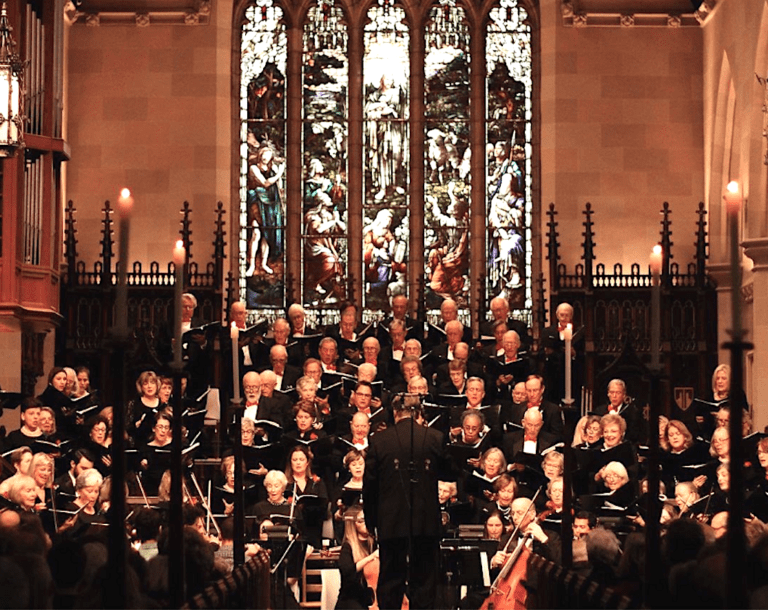
To the Editor:
My wife and I are parents of two young boys in the North Street district, the oldest of whom began kindergarten this year quite successfully.
I am writing to express my incredulity over what appears to me to be the clear plan by Dr. McKersie to recommend to the board that the elementary school start time be swapped for the high school start time (“Option 1”).
Let me state at the outset that we are absolutely in favor of pushing back the start time for the high school. The research on the benefit of so doing seems to be sound and virtually unanimous. What troubles me is the idea that we would trade one problem (sleep-deprived high schoolers) for another (sleep-deprived elementary kids). There is nothing in the research, literature or anywhere else—other than Dr. McKersie’s Sept. 10, 2015 BOE Agenda Sheet—that suggests that elementary school children will somehow be benefited by an earlier start time. In fact, what I have found is, not surprisingly, to the contrary.
I can only describe as dubious the claim by Dr. McKersie, in the “Background and Rationale” section of that Sept. 10, 2015 BOE Agenda Sheet, that “[s]ome experts suggest that the academic achievement of elementary school students would not be adversely impacted by an earlier school start time, as young students are alert earlier in the day than adolescent students.” I read the entire excerpt of the single study he cited for that proposition and found nothing that even remotely supports that proposition.
The crux of that study is that the “circadian system” (internal clock) is in flux during puberty and, combined with the social factors that cause such pubertal and post-pubertal adolescents to stay up later, is cause to consider pushing back middle and high school start times. Nothing in that paper can be construed as recommending that elementary school children go to school earlier.
Most interestingly, and notwithstanding Dr. McKersie’s assertion that “[r]esearch on early start times for young students is limited,” I easily found a 2014 study by the American Psychological Association (in existence since 1892) that had as its subtitle: “Later school start should not focus solely on adolescents.”
Of particular interest to Greenwich was the finding that “early start times were associated with worse performance in schools in more affluent districts—that is, those with fewer kids getting free or reduced-cost lunches,” according to researcher Peggy Keller of the University of Kentucky. “For schools with more disadvantaged students, later start times did not seem to make a difference in performance, possibly because these children already have so many other risk factors.”
Thus, not only is there nothing to support the idea that elementary school kids should start school earlier, there is a brand new study that suggests that early start times for youngsters in towns such as ours is detrimental in much the same way as they are for our adolescents. Simply put, again it is entirely irrational to swap one problem for another.
I am left to conclude that the only rationale for even considering “Option 1” is a financial one—and most of us live in a town like Greenwich largely because we are fortunate enough that we don’t have to pit finances against the health and well-being of our most precious citizens, our children.
Lindy Urso
Greenwich




